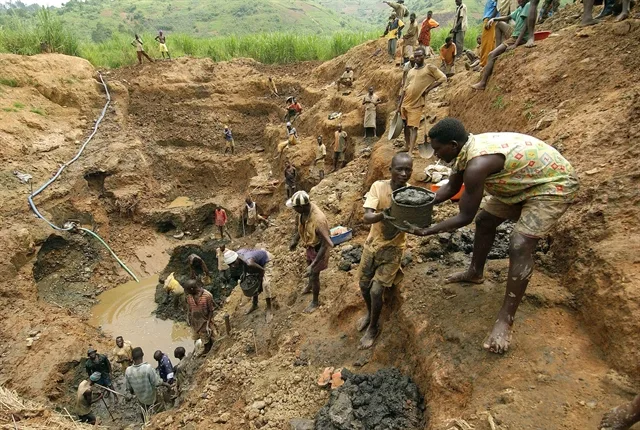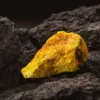At least 16 people have died in a pit collapse at the Democratic Republic of Congo’s largest coltan mine, controlled by the Rwanda-backed M23 militia, local sources told AFP on Friday.
Since reemerging in 2021, M23 has seized large areas of the DRC’s resource-rich east, including the Rubaya mine in North Kivu province, captured in April 2024 with support from Rwanda.
The group’s advance has escalated the more than 30-year conflict in eastern DRC, where dozens of armed groups and foreign powers compete for control over valuable mineral deposits.
The Rubaya mine produces between 15% and 30% of the world’s coltan—a critical mineral used in electronics such as laptops and mobile phones.
At the time of Thursday’s collapse, around 131 diggers were working at the site, according to Emmanuel Ndizeye, a local official appointed by M23.
Of these, 111 were rescued, 16 bodies recovered, and four remain missing, said the M23 administrator for Masisi territory, where the mine is located.
United Nations experts report that since capturing Rubaya, M23 has established a parallel administration to regulate mining operations, collecting approximately $800,000 monthly through a $7-per-kilogram tax on coltan production and sales.
This revenue, however, represents only a portion of M23’s income from levies imposed on trade throughout its controlled territories.
UN experts also accuse Rwanda— which denies military support to M23—of exploiting the militia to siphon mineral wealth from the DRC.
Beyond holding 60% to 80% of global coltan reserves, eastern DRC also contains vast deposits of gold and tin.
As a result of M23’s advances, several international mining companies have temporarily suspended operations in the region.
AFP


